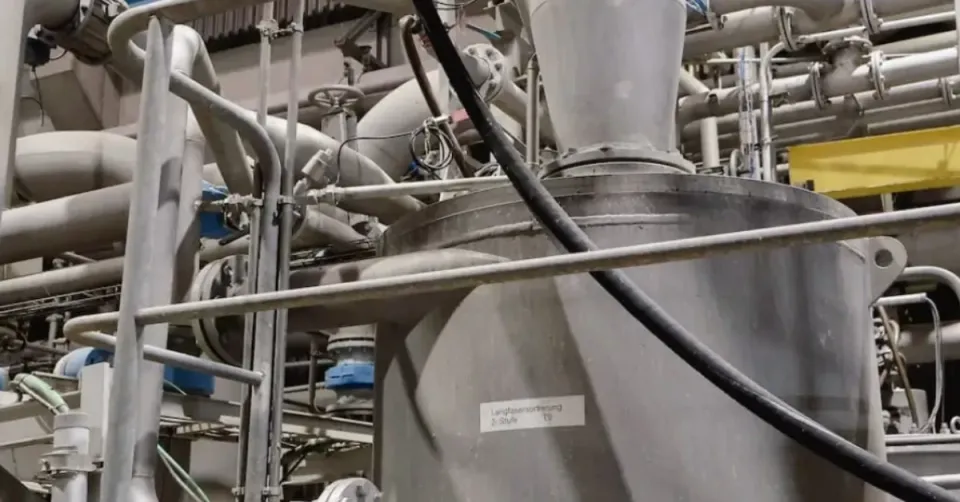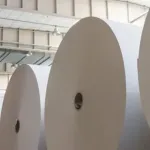With roots dating back to 1872, DS Smith’s Aschaffenburg paper mill in Germany is one of Europe’s oldest and most respected paper production sites.
Known for its strong focus on sustainability and quality, the mill produces lightweight corrugated base paper made entirely from recycled materials. In its continued journey of optimization, the mill recently partnered with Valmet to further enhance screening performance in its recycled fiber line—successfully reducing fiber losses and improving screening runnability.
Screening, a key stage in recycled fiber processing
Screening plays a critical role in recycled fiber lines by separating unwanted materials from usable fibers, ensuring clean pulp for paper production. In a modern OCC (Old Corrugated Containers) line, efficient screening is essential not only for product quality, but also for minimizing fiber loss and optimizing overall resource usage.
For DS Smith Aschaffenburg, improving the last stage of screening was a strategic step in their long-term fiber recovery initiative.
Reducing fiber losses
The latest screening upgrade was part of a broader fiber recovery initiative at the mill. Over time, DS Smith has already implemented several process optimizations to reduce fiber losses. The key objective of this project was to decrease the thickening factor of the LF fine screen to reach lower fibers in the reject and enhance the runnability without compromising the quality.
Valmet, the original supplier of the screening equipment, was the clear choice for the mill. Their deep understanding of the machines and their consistent on-site service made them a trusted partner for this operation.




